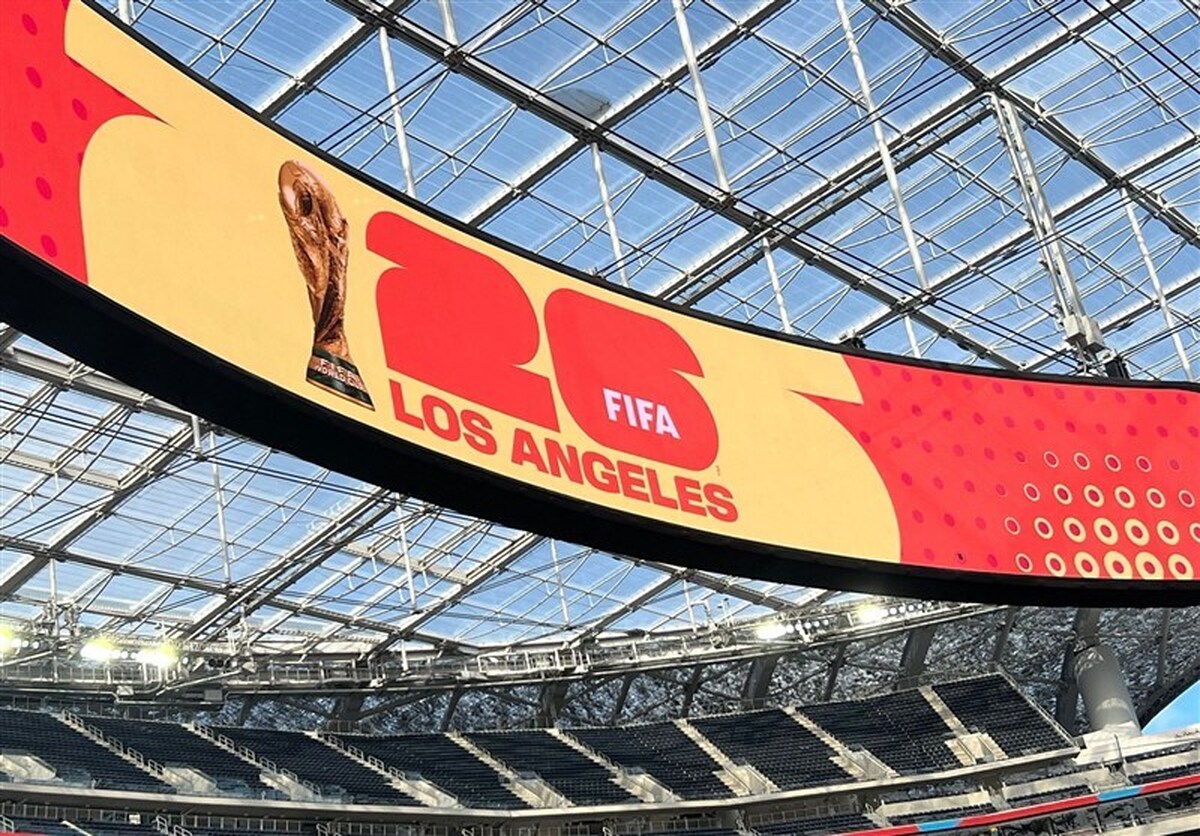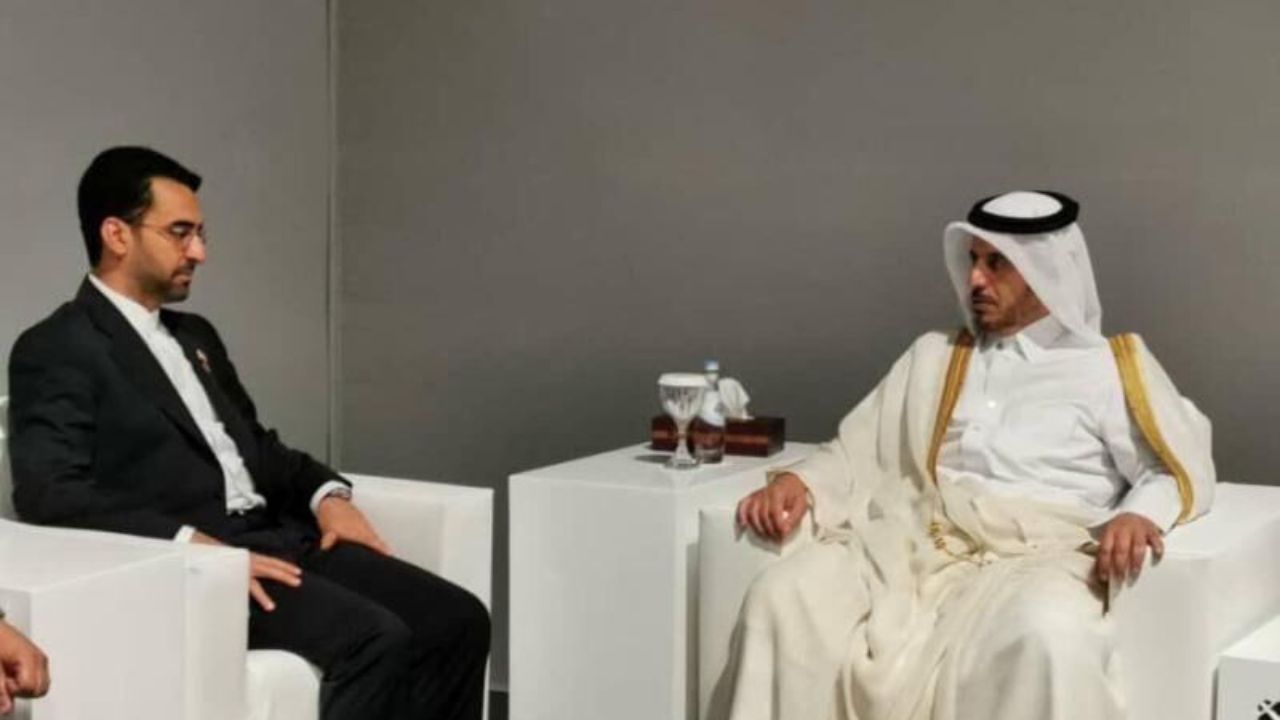
Iran, Qatar Eye ICT Coop. Ahead of 2020 World Cup

EghtesadOnline: Heading a delegation of Iranian tech experts, ICT Minister Mohammad Javad Azari Jahromi traveled to Doha to participate in Qatar’s Information Technology Conference and Exhibition (aka QITCOM 2019) underway between Oct. 29 and Nov. 1.
During the visit, Jahromi held talks with Qatari Prime Minister Abdullah bin Nasser bin Khalifa Al Thani and discussed expansion of technological and economic collaborations.
The two sides also reviewed avenues of cooperation between Iranian and Qatari tech firms in holding the 2020 FIFA Club World Cup. The tournament will be hosted by Qatar in December 2020. Al Thani welcomed prospects of such collaborations.
Jahromi also met with Qatari Minister of Transport and Communications Jassim Saif Ahmed Al Sulaiti, according to Financial Tribune.
He also participated in the Munich Security Conference Core Group Meeting in Doha.
Iranian Foreign Minister Mohammad Javad Zarif was also in Doha to attend the Munich Security Conference Core Group Meeting titled “Avenues toward De-Escalation in the Middle East”.
The top Iranian diplomat discussed latest developments in the Persian Gulf region and announced Iran’s stances.
Safe Smart Cities
Dubbed Safe Smart Cities, this round of QITCOM was focused on smart urban development.
Jahromi also participated in a panel on smart cities’ development. During the panel, he said, “Transforming urban areas into smart cities is part of strategies for sustainable development. These efforts should be focused on the needs of citizens.”
According to the minister, boosting applications of modern technologies is not a goal but a means.
“Development of technologies and their application should serve the people. What’s a city but its people? To have a great city, we should focus on the people,” he said.
Jahromi also outlined projects lined up in Tehran and Mashhad for transforming the metropolises into smart cities. He noted that projects dealing with smart air pollution control and management of resources, including water and energy, along with services like transportation, are on track in Iran.
“The projects are mostly backed by the Iranian government,” Jahromi said, while stressing that doors are open for foreign investments in these areas.
A smart city is an urban area that uses different types of electronic internet of things sensors to collect data and then use insights gained from that data to manage assets, resources and services efficiently
Municipalities of Tehran and Mashhad, with support from ICT Ministry, have introduced plans for transforming metropolises into smart cities. Optimizing energy consumption and enhancing urban services, especially public transportation, as well as strengthening startups and promoting sustainable growth are part of these plans.
The application of modern technologies can help urban planners make life easier for residents. ICT experts believe that the application of smart technologies can encourage responsibility, accountability and transparency.
Cybersecurity
Jahromi also spoke at Munich Security Conference’s Cyber Security Summit in Qatar.
He said that by using a locally developed firewall, Iran had warded off 33 million cyberattacks over the past year. The firewall has been developed under a broader cybersecurity project codenamed Digital Fortress (Dejfa in Persian). It was unveiled earlier in May.
According to officials, the Digital Fortress aims to protect citizens’ privacy, infrastructure, digital services, data breaches and online fraud from cyberattacks, besides detecting malware in the network and stopping its spread.
Officials also say Digital Fortress will help Iran prevent denial-of-service strikes and protect the country’s industrial infrastructure against cyber espionage and sabotage attacks.
During the Doha conference, the ICT minister also said, “America’s unilateralism is a threat to international cybersecurity. Addressing global cyber threats demand global cooperation.”
Jahromi concluded by highlighting Iran’s readiness to cooperate with other nations in deterring cybercrimes and digital attacks.


